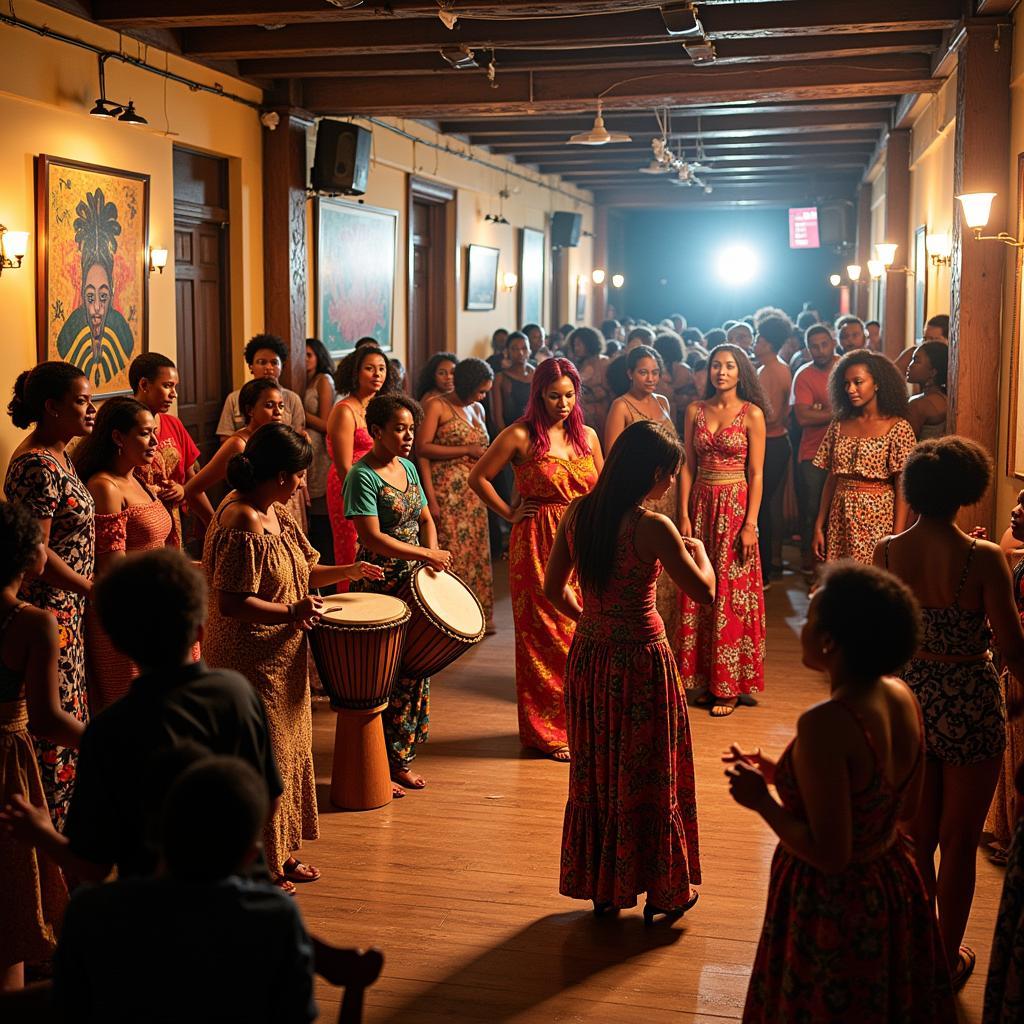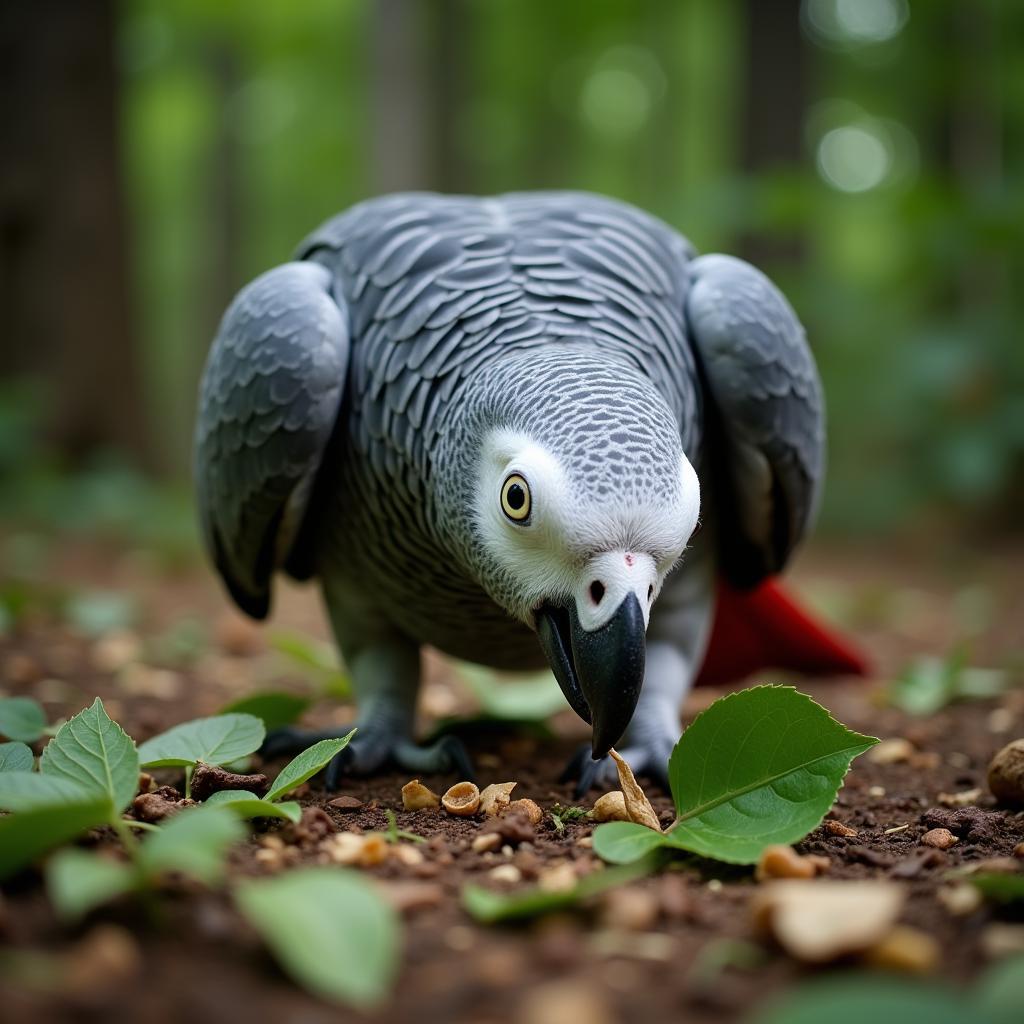Unraveling the Mystery of the African Pygmy
The African Pygmy, an enigmatic group of people indigenous to the dense rainforests of Central Africa, has captivated the curiosity of anthropologists, explorers, and the world alike for centuries. Known for their short stature, unique cultural practices, and deep connection to their environment, the Pygmy people offer a fascinating glimpse into a way of life vastly different from our own. This article delves into the heart of the rainforest to uncover the rich history, captivating traditions, and enduring resilience of these remarkable communities.
Who are the African Pygmies?
The term “Pygmy” is an umbrella term, encompassing a number of ethnolinguistic groups scattered across Central Africa, including the Aka, Baka, Mbuti, and Twa, among others. While each group possesses its own distinct language and traditions, they share a common thread: a deep-rooted connection to the rainforest and a lifestyle intrinsically intertwined with its rhythms.
Contrary to popular belief, the defining characteristic of the Pygmy people is not simply their height, which averages around 4 feet 11 inches for men and 4 feet 7 inches for women. Rather, it is their remarkable adaptation to their environment. Their small stature, for instance, is believed to be an evolutionary advantage, allowing them to move with agility through the dense undergrowth of the rainforest.
A Life Intertwined with the Rainforest: Traditions and Lifestyle
The African Pygmies are traditionally semi-nomadic hunter-gatherers, relying on the bounty of the rainforest for sustenance and survival. Men, often skilled hunters, venture into the forest with bows and arrows or spears, tracking game such as monkeys, antelope, and wild pigs. Women, meanwhile, gather wild fruits, nuts, honey, and medicinal plants, showcasing their profound knowledge of the forest’s edible and medicinal treasures.
Their intimate knowledge of the forest extends beyond mere sustenance. They possess an intricate understanding of the rainforest’s delicate ecosystem, recognizing the calls of different animals, identifying various plant species, and navigating its labyrinthine paths with remarkable proficiency. This profound connection is reflected in their spiritual beliefs, often animistic in nature, which view the forest as a living entity inhabited by spirits and deities.
The Rhythm of the Forest: Music and Dance
Music and dance are integral to Pygmy culture, serving as a powerful medium for storytelling, celebration, and spiritual expression. Their polyphonic vocal harmonies, often accompanied by instruments crafted from natural materials like gourds, bamboo, and animal skins, create a mesmerizing soundscape that echoes through the rainforest. These musical traditions, passed down orally through generations, offer a glimpse into their history, beliefs, and the very soul of their culture.
The iconic vocal yodeling of the Pygmy people, for instance, is not merely a musical technique but a sophisticated form of communication, allowing them to send messages across vast distances within the dense rainforest.
Facing the Challenges of a Changing World
Despite their deep connection to the rainforest and their rich cultural heritage, the African Pygmies face numerous challenges in the modern world. Deforestation, driven by logging, mining, and agricultural expansion, poses a significant threat to their way of life, shrinking their traditional hunting grounds and disrupting their delicate balance with the environment.
Furthermore, they often encounter discrimination and marginalization from neighboring Bantu groups, facing limited access to education, healthcare, and economic opportunities. This marginalization has led to their voices often being unheard in decisions impacting their land and livelihoods.
Preserving a Cultural Legacy
Recognizing the threats facing the African Pygmies, numerous organizations and individuals are working tirelessly to support their rights, preserve their cultural heritage, and empower them to thrive in a rapidly changing world. These efforts range from promoting sustainable economic activities to advocating for their land rights and access to essential services.
Preserving the rich tapestry of Pygmy culture is not only crucial for their well-being but also for the world at large. Their intimate knowledge of the rainforest, their unique traditions, and their enduring resilience offer invaluable lessons about humanity’s relationship with nature and the importance of safeguarding cultural diversity.
Conclusion
The African Pygmies, with their profound connection to the rainforest and their captivating traditions, offer a unique window into a way of life both ancient and enduring. Their story is a reminder of the incredible diversity of human culture, the importance of respecting indigenous knowledge, and the urgent need to protect the delicate balance of our planet’s ecosystems. As we delve deeper into their world, we not only gain a greater understanding of these remarkable communities but also discover valuable insights into our own relationship with nature and each other.
FAQ about African Pygmies
1. Are all Pygmies in Africa the same?
No, “Pygmy” refers to several distinct ethnolinguistic groups with their own languages and cultures.
2. Why are Pygmies short?
Their stature is likely an adaptation to the rainforest environment, allowing agility and efficient movement.
3. What do Pygmies eat?
They are traditionally hunter-gatherers, consuming game, honey, fruits, nuts, and other forest resources.
4. Do Pygmies have their own religion?
Many follow animistic beliefs, viewing the forest as inhabited by spirits and deities.
5. What threats do Pygmies face today?
Deforestation, disease, discrimination, and marginalization pose significant challenges to their way of life.
You can learn more about the African Pon, African culture and traditions, African hippo facts, the African chameleon, and the African country Ivory Coast on our website.


